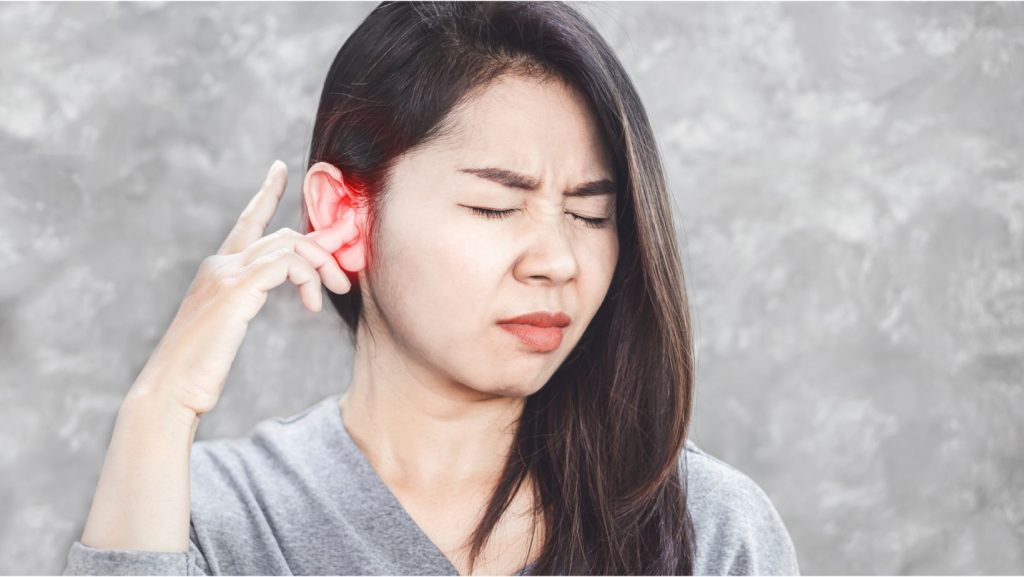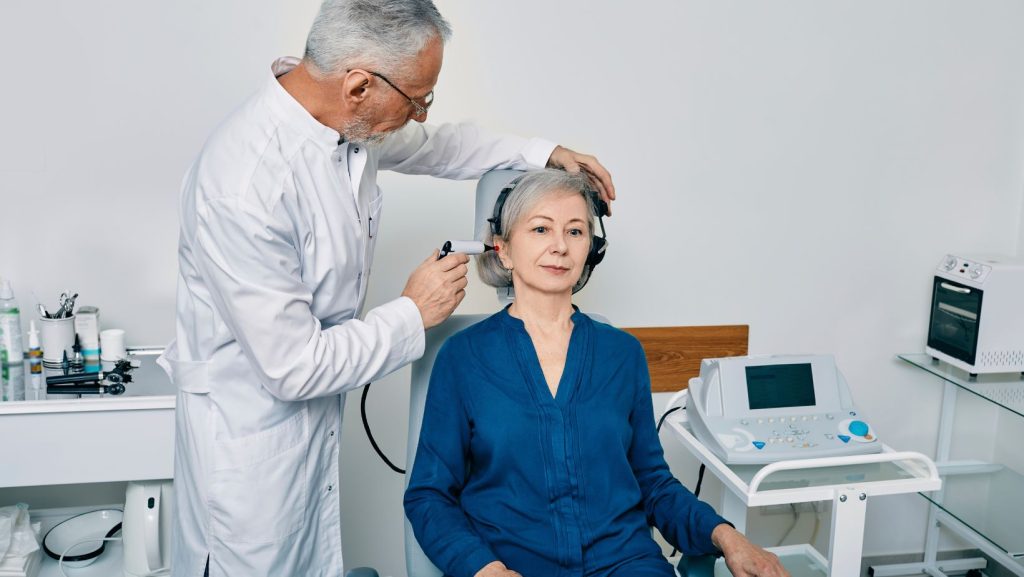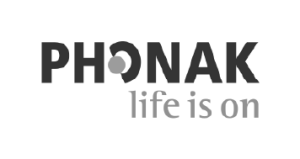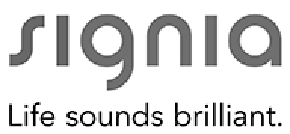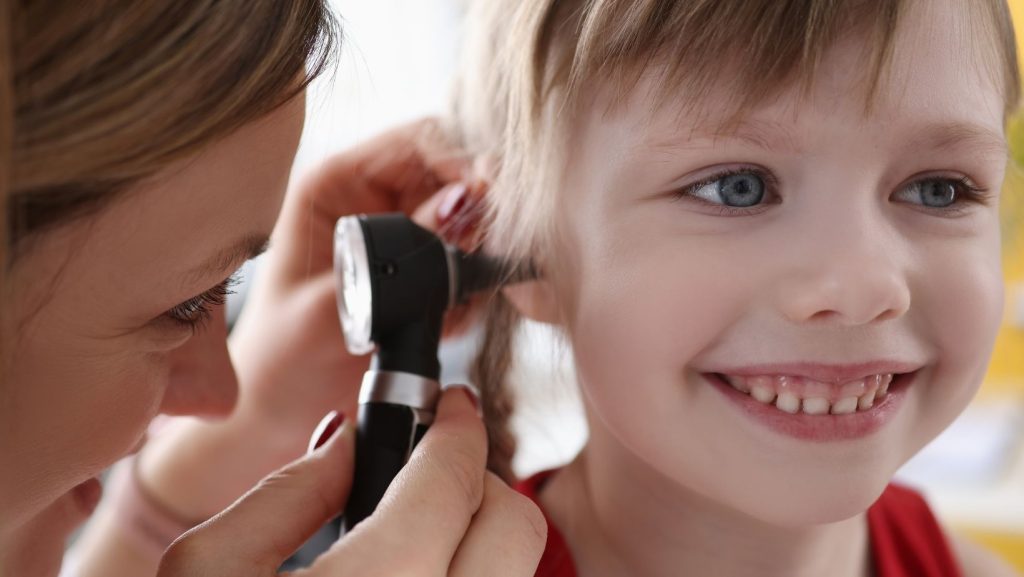
Signs Your Child May Be Struggling With Hearing Loss
Hearing can play an important role in the way some children access language, participate in activities, and interact with those around them. Yet, hearing loss in children is more common than many parents realize. Spotting the indications early can make a significant difference in your child’s life. This article will walk you through the common signs of hearing loss, explain why early detection is so important, and outline the steps you can take if you have concerns. Why Early Detection Matters Untreated hearing loss can have a ripple effect on a child’s development. It can impact their ability to develop speech

